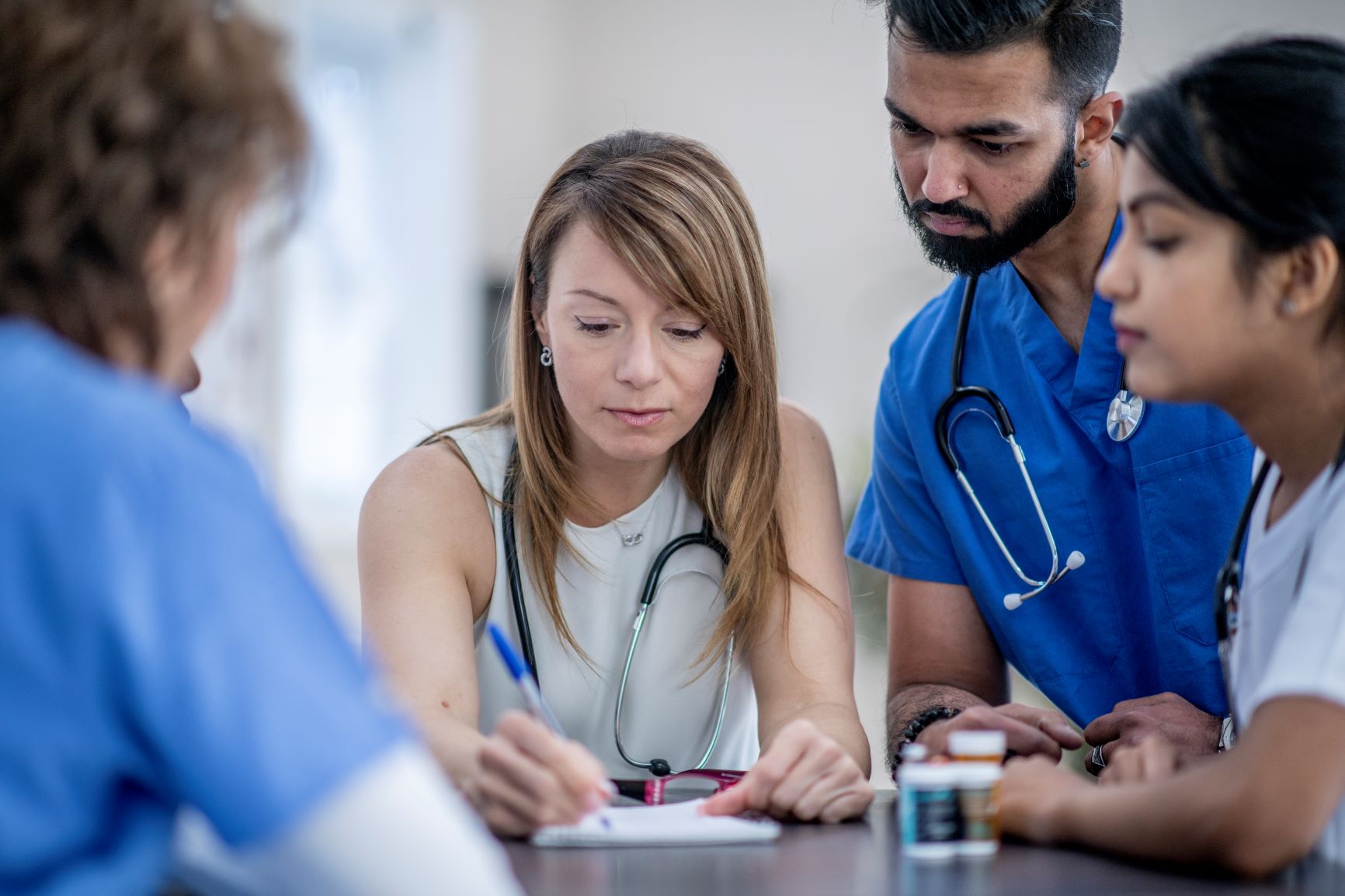After emergency interventions by humanitarian organizations, there are often still huge primary health needs.
Whether these populations are displaced by conflict, refugees in camps or living in remote areas that are difficult to access, children are often the first victims.
We need to be able to train health professionals locally.

